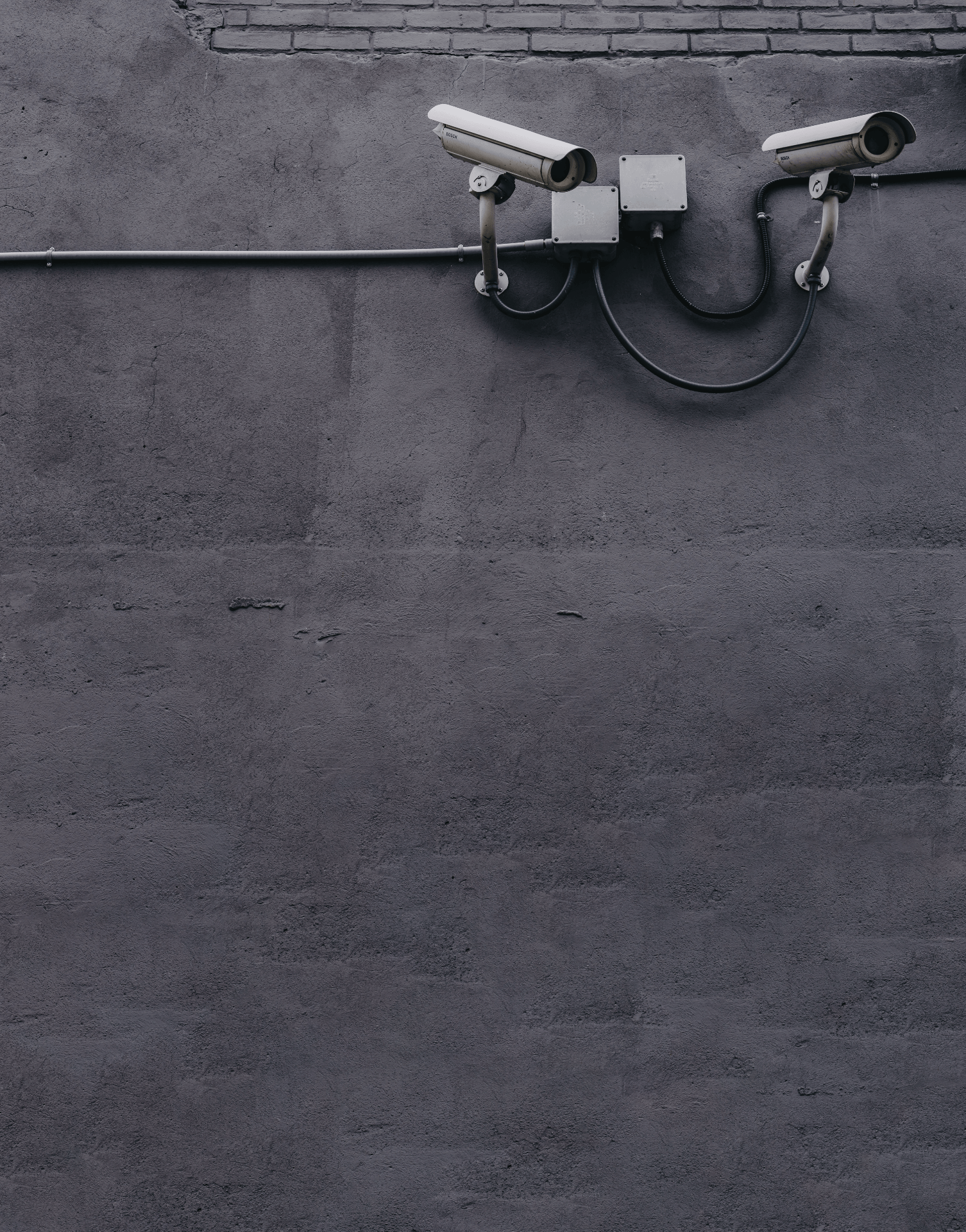
Data & (Dis)obedience
3.15.23
9:30 a.m. — 4:30 p.m.
Raytheon Amphitheater, Egan Research Center
Northeastern University
The Data & (Dis)obedience Conference aims to highlight artists working on surveillance themes; provide attendees with information and inspiration they can use to support their advocacy; promote collaboration among academics, grassroots actors, policymakers and other advocates; encourage critical engagement among attendees to strengthen their respective work; and lay groundwork for future research collaborations and conversations on the topic of data collection practices and state-private partnerships.
Through this public convening, we aim to catalyze interdisciplinary, cross-sector research collaborations to inform policy and practice and have on-the-ground impact on communities affected by unjust surveillance.
Panel Topics & Speakers
Post-Dobbs surveillance
Surveillance flowing from anti-“critical race theory” and “don’t say gay” legislation
ICE surveillance
Information Capitalism
And others, with a special focus on the use of location data to surveil communities.
The Glass Room, Misinformation Edition
Curated by Tactical Tech
The Glass Room is a self-learning exhibition that explores our relationship with technology from privacy to algorithms to digital citizenship. Through four major exhibitions: Berlin, New York, London, and San Francisco, The Glass Room has attracted over 60,000 visitors. Through a smaller pop-up exhibition version – The Glass Room Community Edition – over 300 of these interventions have been held in 60 countries on 5 continents.
In this exhibition, young people, as well as adults, can explore how algorithms and the internet have changed the way we read information and react to it, find out about the new types of influencers, the new and old tactics they use, and the role we as users and consumers play. During the recent global pandemic months, new additions to the Glass Room focus on misinformation.
What happens when we increasingly rely on the internet and algorithms for nearly all our information? What information do we see, and what do we miss? How do we know if a picture or a tweet is genuine or truthful? And what can we do if we are not sure?